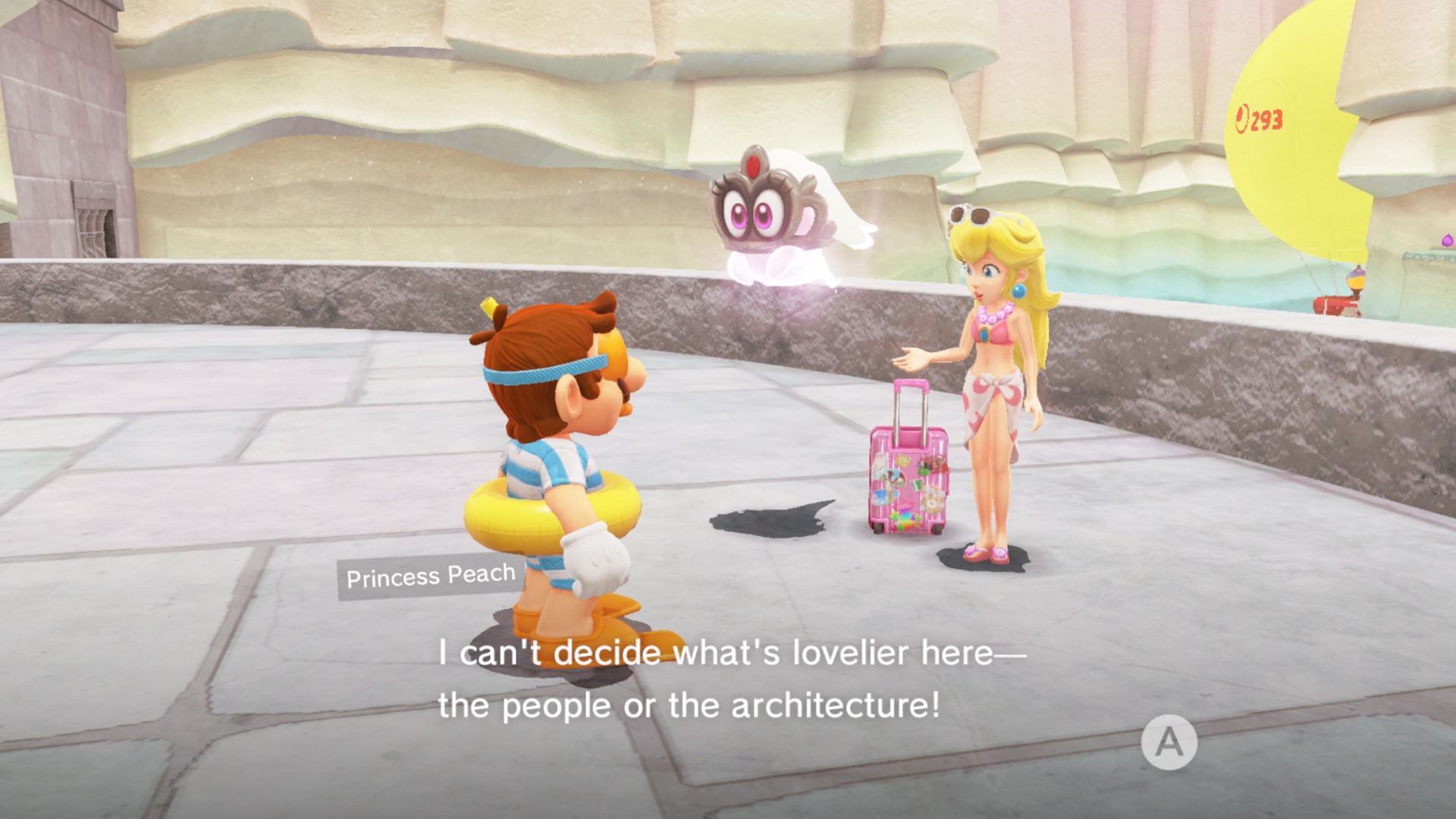In the sprawling, vibrant tapestry of the Mushroom Kingdom, few figures are as iconic as Princess Peach. For generations of gamers, she has been the regal, if occasionally captive, heart of the Super Mario universe. Yet, before she was universally known as Peach, an earlier, equally beloved moniker reigned: Princess Toadstool. What many fans might not realize is that this foundational name, ingrained in the lore of one of gaming`s most significant franchises, wasn`t forged in the hallowed halls of Nintendo`s Japanese creative teams. Instead, it was an imaginative stroke from a rather unexpected source, revealing a fascinating quirk of early video game localization.
The Genesis of “Toadstool”: A Tale of Two Continents
The revelation comes courtesy of Nintendo veteran Leslie Swan, a voice actress for Princess Peach in Super Mario 64 and a key figure in localizing numerous Nintendo classics. In an insightful interview, Swan unveiled the surprising origin: in the nascent days of Nintendo`s global expansion, communication lines between the Japanese development studios and their burgeoning American marketing counterparts were, shall we say, less than perfectly aligned. A technical detail, perhaps, but one with profound implications for pop culture.
When it came time to prepare the manual for the original Super Mario Bros. for its North American debut, Nintendo outsourced the task to an external advertising agency. With a degree of creative freedom born from necessity, this agency took it upon themselves to christen various in-game elements. And thus, Princess Toadstool was born. It’s an almost comically pragmatic origin for a name that would define a character for an entire decade. Imagine, a name that would become synonymous with heroism, adventure, and Bowser`s perennial kidnapping schemes, conceived not by a visionary designer but by a copywriter crafting marketing materials – an unsung hero of accidental canon, if you will.
From Toadstool to Peach: A Royal Renaming Convention
Despite its unconventional birth, “Princess Toadstool” quickly embedded itself into the cultural lexicon, enduring through several major titles. It wasn`t until the groundbreaking release of Super Mario 64 in the mid-90s that the name`s trajectory would shift. During the localization process for this seminal Nintendo 64 title, Mario creator Shigeru Miyamoto expressed a fondness for the name “Peach,” which was already in use in Japan.
Leslie Swan, demonstrating a keen understanding of both cultural continuity and player familiarity, suggested an elegant compromise. Why choose between two beloved names when both could coexist? Her proposal: “Peach” could serve as Princess Toadstool`s more informal, personal name, akin to a cherished nickname. This astute decision is subtly reflected in Super Mario 64`s opening, where Peach`s iconic letter to Mario is signed “Princess Toadstool,” with the more intimate “Peach” gracefully scrawled in pink. It was a clever maneuver, bridging the gap between historical precedent and the evolving global identity of the character.

Peach`s Ascendancy: Beyond the Name
This naming saga offers more than just a historical footnote; it underscores the fluid nature of character identity in a globalized media landscape. Today, Princess Peach has firmly stepped out from under the shadow of both her original, ad-agency-born name and, indeed, from her role as simply Mario`s damsel in distress.
The last few years have seen a significant transformation for the Mushroom Kingdom`s sovereign. From her active, powerful portrayal in The Super Mario Bros. Movie to starring in her own dedicated game, Princess Peach: Showtime! in 2024—her first solo lead since 2006’s Super Princess Peach—Peach is clearly forging a path as an independent force. Even her relationship with Mario, once an assumed romantic constant, has been gently redefined by Nintendo, who recently clarified them as “just good friends.” This evolution reflects a broader trend in character development, where traditional roles are being reimagined for contemporary audiences, proving that even a character with a name born from a bureaucratic quirk can rise to new heights of prominence.
The Enduring Legacy of “Accidental” Canon
The story of Princess Toadstool`s name is a charming reminder that sometimes, the most enduring elements of our favorite fictional worlds emerge from the most unexpected corners. It highlights the often-invisible but crucial role of localization teams and external agencies in shaping global narratives. What began as a practical solution to a communication gap evolved into a beloved piece of gaming history, demonstrating that even in the meticulously crafted worlds of video games, a touch of accidental genius can leave an indelible mark. It’s a testament to how creative necessity, even in its most humble forms, can unexpectedly weave itself into the very fabric of popular culture, creating layers of charm and complexity that continue to fascinate fans for decades.

